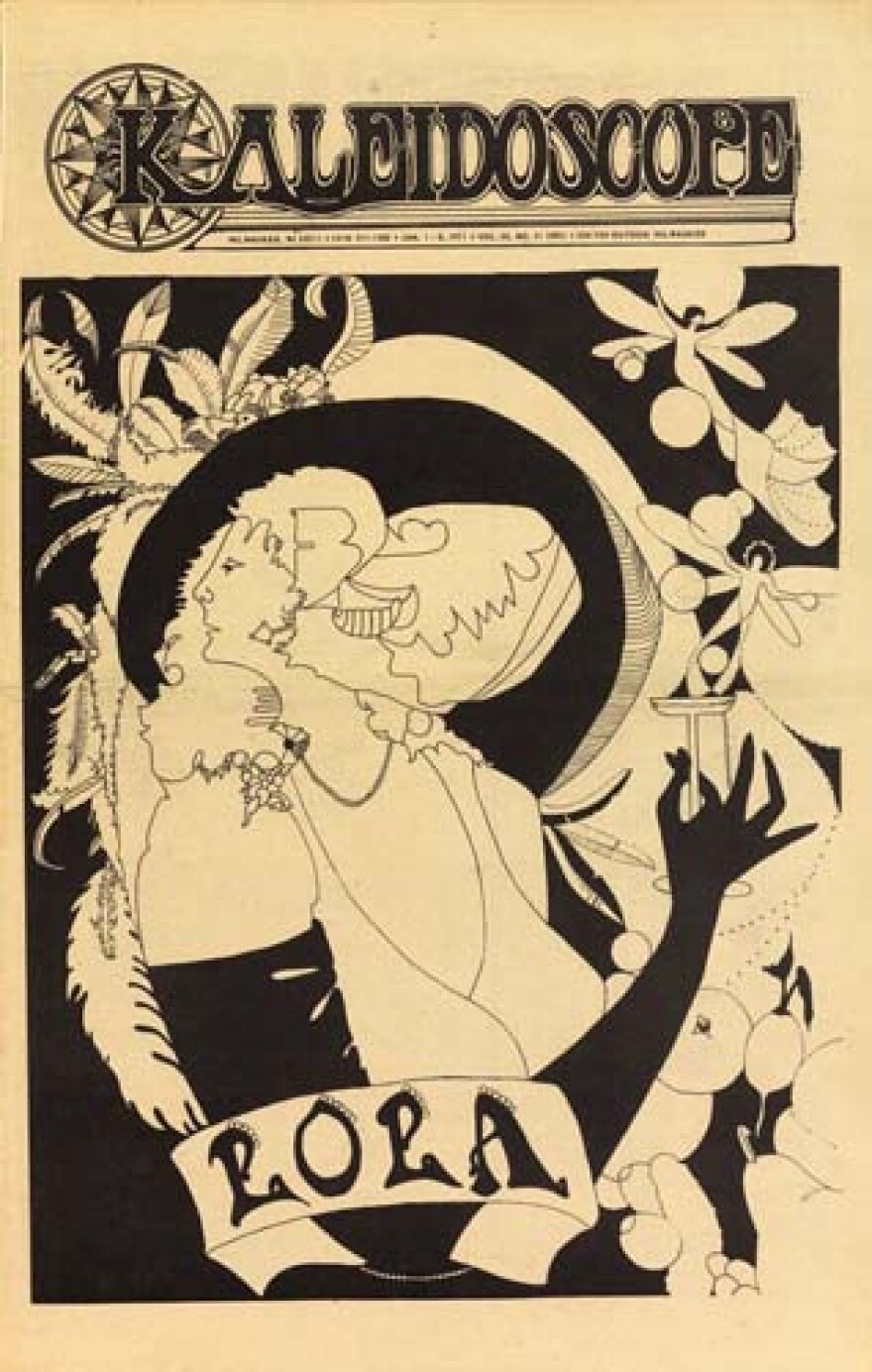Stories about LGBT issues – from marriage equality to business impact – are commonplace in the media today. That was not the case in the late 1960s.
In those days, if anyone was covering those issues, it was alternative media and underground newspapers. That includes a Milwaukee paper called Kaleidoscope, which published more than a hundred issues between 1967 and 1971.
For the first time, the Kaleidoscope archives are available in digital form, thanks to a collection organized by the UW-Milwaukee libraries.
Max Yela, head of special collections for the libraries, spoke with Lake Effect’s Audrey Nowakowski about the newspaper's significance when it began and the impact it still has today.
"It was a very radical newspaper," Yela said. "It was radical-liberal, more radical than any other newspaper in the region, and perhaps as radical or maybe more radical than other newspapers around the country."
Founded by editor John Kois, radio disk jockey Bob Reitman and designer and musician John Sahli, Kaleidoscope addressed and served as a critical eye on the issues of its day - ranging from American politics, civil rights, gender issues and the arts. The digitization of the collection allows a unique window for all to explore.
"We're not a museum, we're a research facility. It's meant for everybody to use. We're hoping that it'll get a really wide usage, and that'll be used in context with other digital collections that we have," Yela said.
The UWM Libraries website makes the paper easily accessible, but the physical archives of the paper are also available to the public. Yela said there is no comparison from the digital copies to viewing the paper in the flesh.
"There is nothing like going to the original source. So the importance of newspapers that are printed today for the future will be essential. Think about in 100, 200 years, the newspaper may or may not be completely obsolete, and these artifacts will be something people go back to and say, 'look at this,'" he said.






